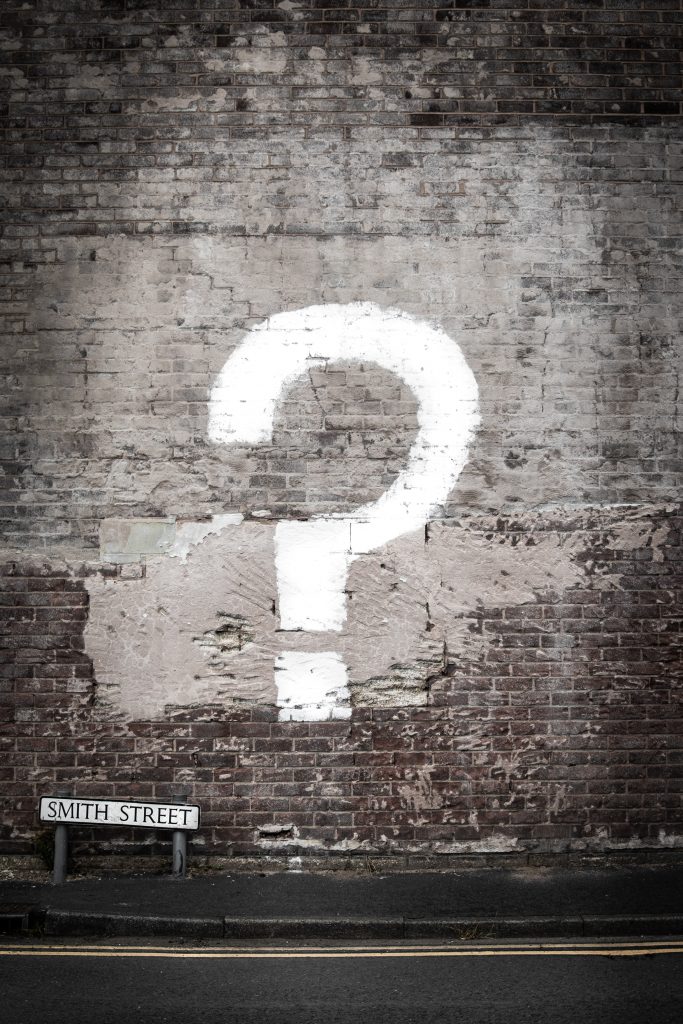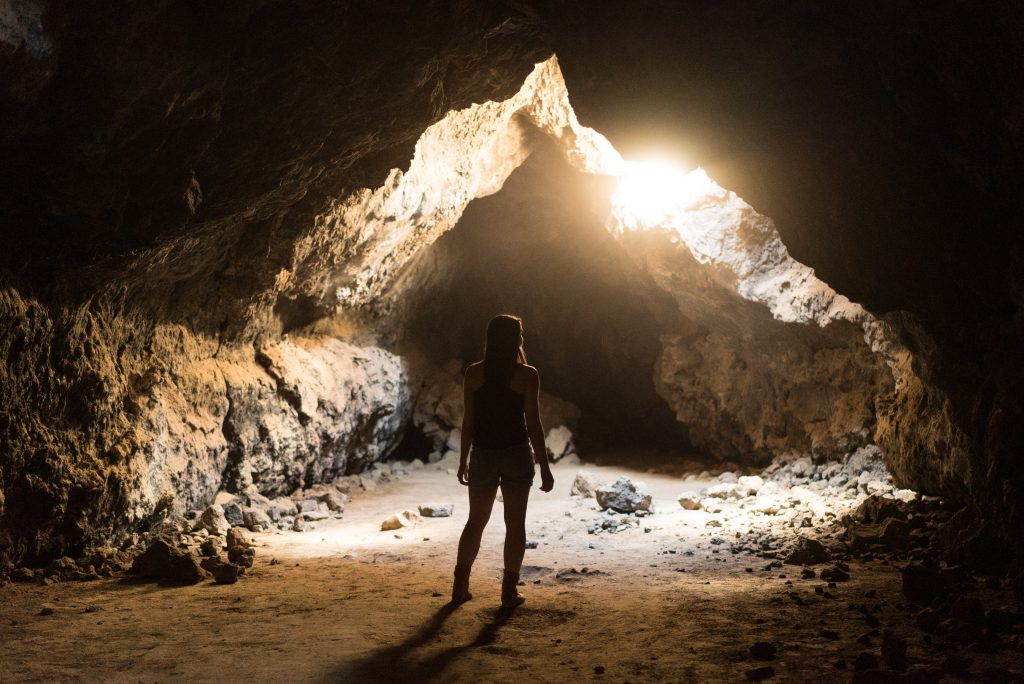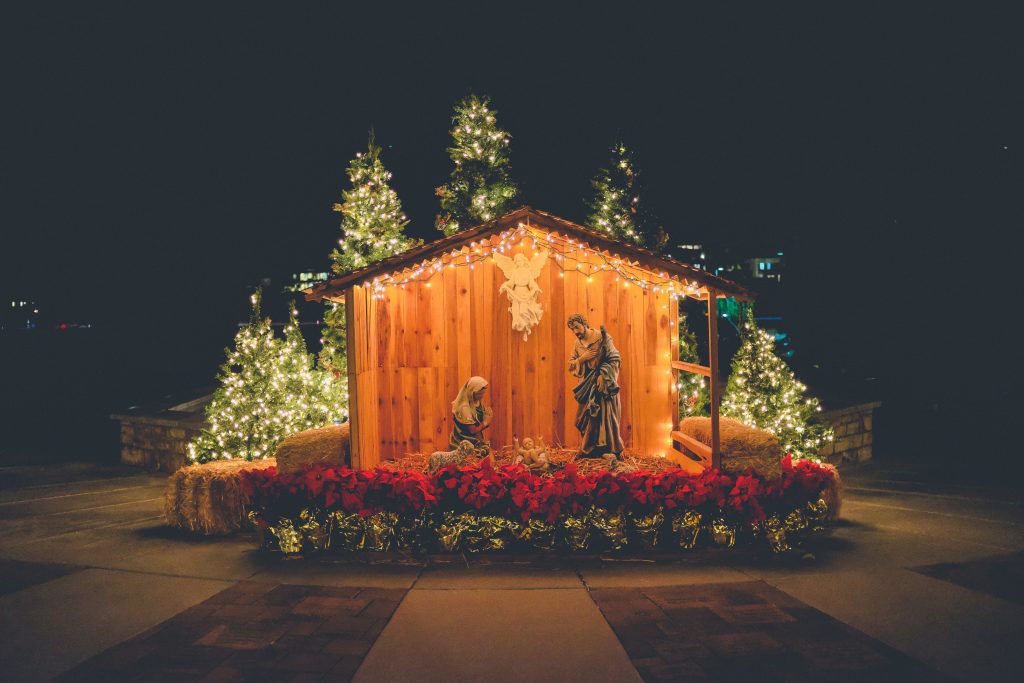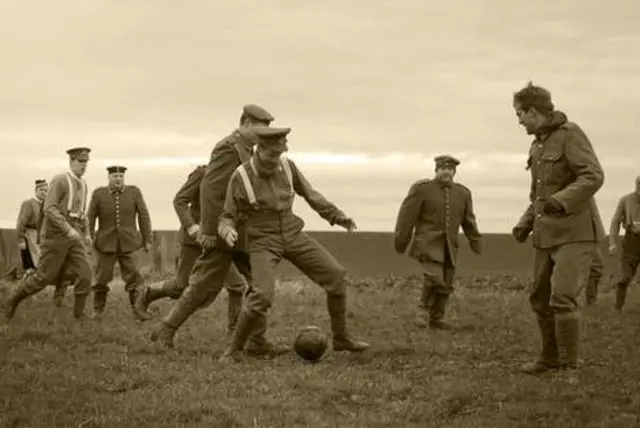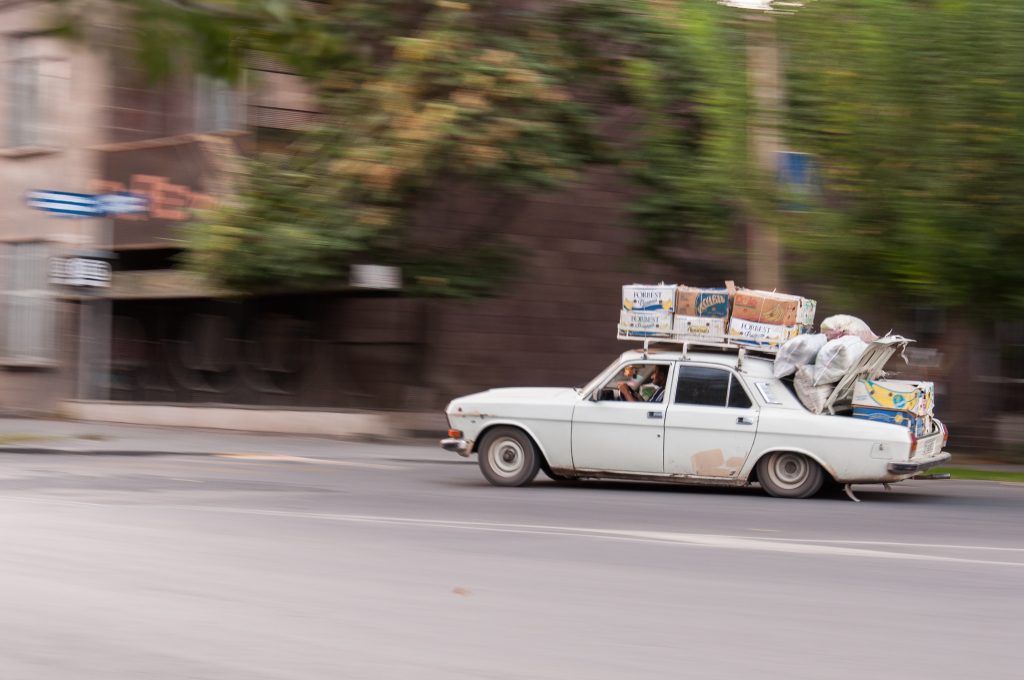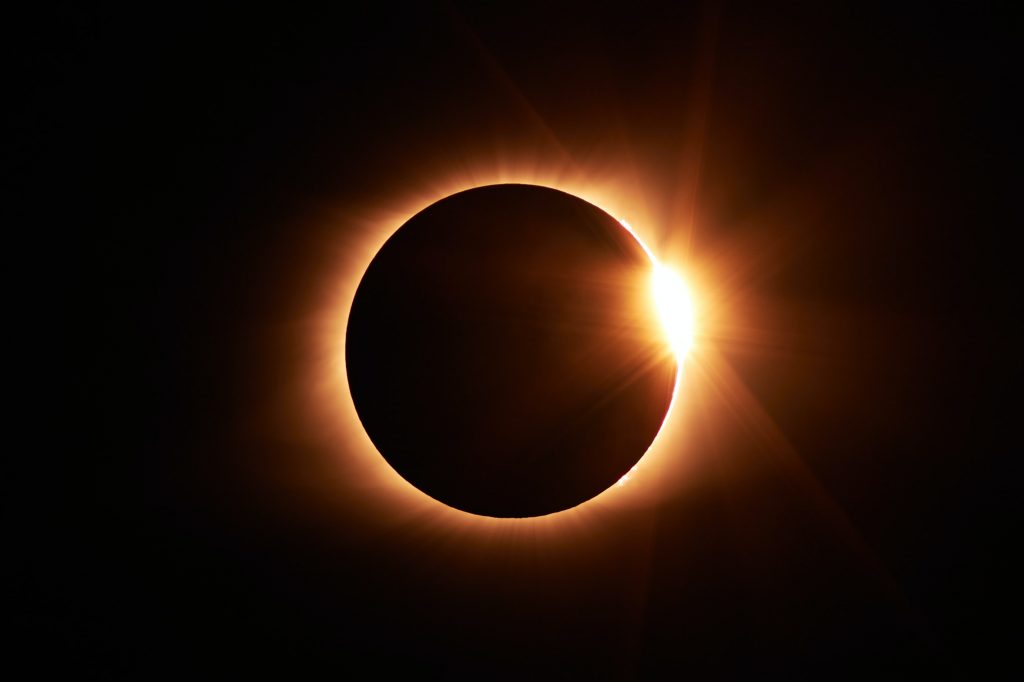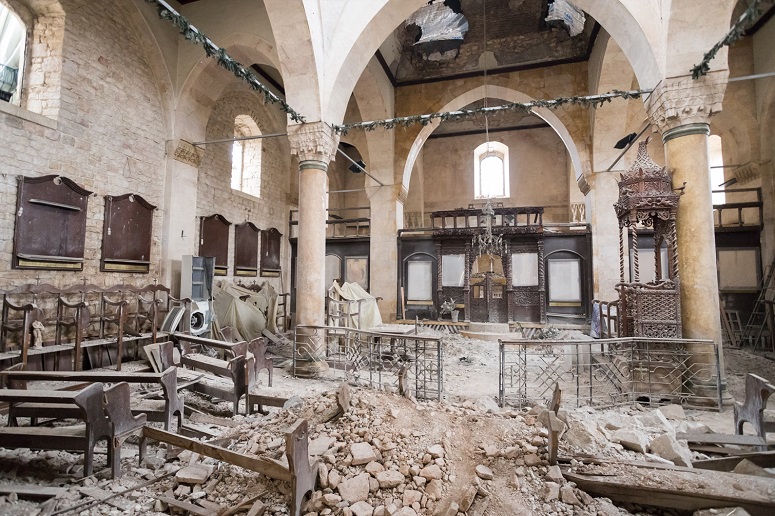A reading from the Letter to the Hebrews:
“The Holy Spirit says, “Today, if you hear his voice, do not harden your hearts as in the rebellion, as on the day of testing in the wilderness, where your ancestors put me to the test, though they had seen my works for forty years… They always go astray in their hearts, and they have not known my ways.””
Do you consider yourself a procrastinator?
Why do you think people procrastinate even when it causes anxiety?
Recently, I was reading through the comments of a YouTube video on procrastination and the following comment caught my attention: “The amount of stress I got from being guilty of procrastination is higher than stress from my actual work.”
The human mind is very mysterious. When I was in high school I would procrastinate, especially in classes that I had trouble in. I normally procrastinated when I had the greatest fear of failure. In my experience, fear of unknown outcomes normally leads to procrastination.
Procrastination is closing ourselves off from the reality that we have to eventually face. I would procrastinate from studying for my chemistry test, but eventually I had to face the test and deal with the consequences of anxiety, fear, and failure. Alternatively, I could have studied and had more confidence on the day of the test.
In the Old Testament the Israelites wandered in the wilderness just outside of their promised land for 40 years. The reward that God promised them if they remained faithful was right there, yet several times the Israelites chose to shut God out of their lives. In other words they were procrastinating. They knew what had to be done, but didn’t do it. Instead of remaining faithful to God, they worshiped idols and fought among themselves for power, ultimately rebelling against God.
In the same way we procrastinate in our spiritual lives. We have a sense that we ought to live a life faithful to God, but we can’t see the exact outcome, so we just put Him off. Yet God’s plan for us is within reach, if only our hearts weren’t hardened towards him.
Let us pray,
In the name of the Father, the Son, and the Holy Spirit.
Lord Jesus, all glory and honour is yours. Thank you for creating me with the potential to acquire and apply knowledge. Inspire me with the motivation and the discipline to productively work on my CPTs and study for my exams. Help me to focus and dispel my fears and anxieties at this time. I pray this in Your name. Amen.
In the name of the Father, the Son, and the Holy Spirit.

